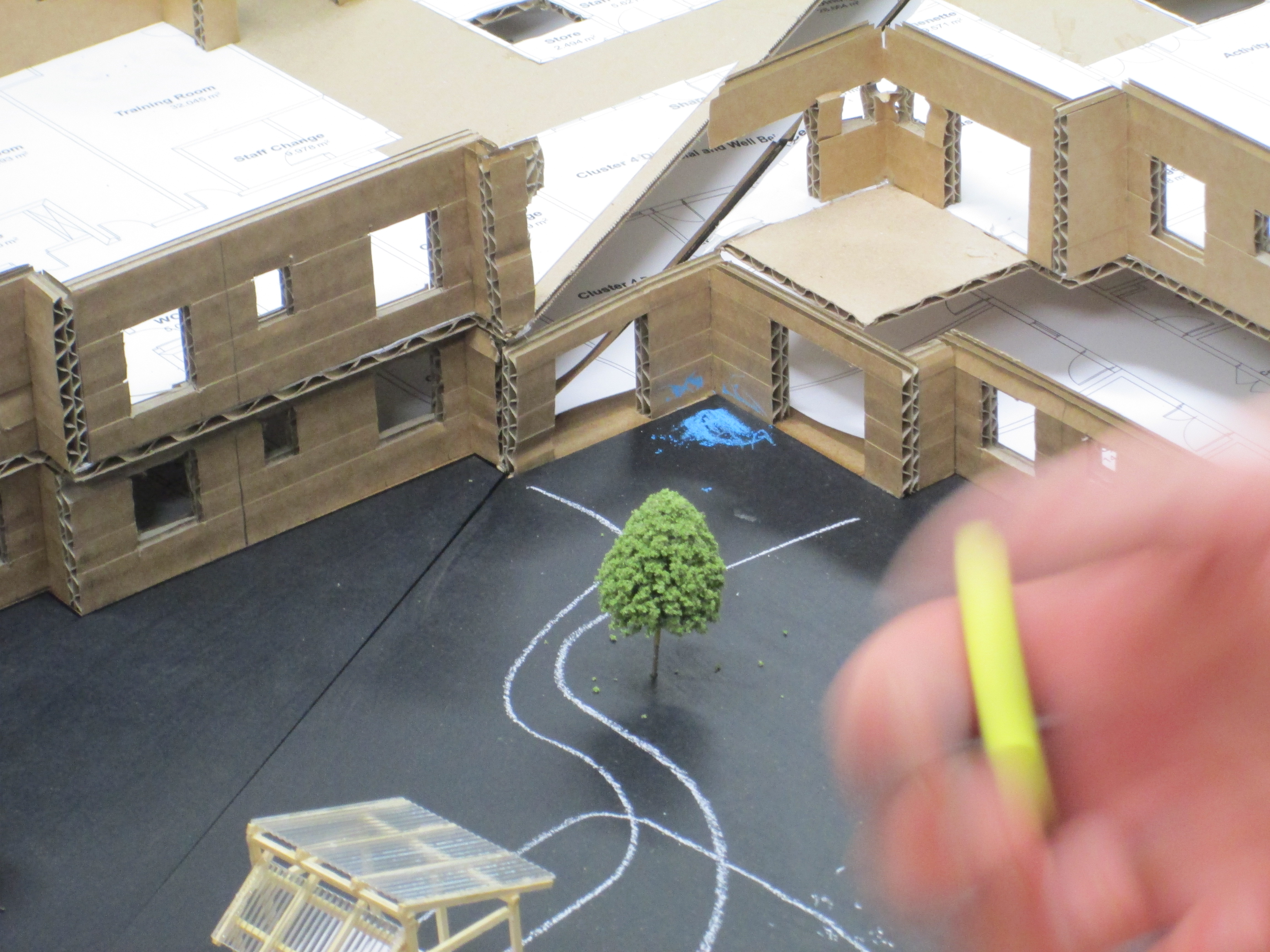
We’re proud to support the University of York Department of Sociology’s research because we agree with this report’s findings that a shared sense of vision and values right across the project team is critical to leaving a legacy beyond bricks and mortar in the communities in which we work. - Anthony Dillon, Managing Director for Wilmott Dixon in the North.
